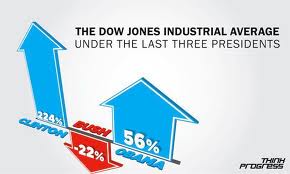In the last century China has known only two major parties: the nationalist (Kuo Ming Tang: KMT) and the Communist, the same who are the forgers of the two republics that has taken the nation since 1949. The first was founded in the 1910s by promoting the unification of their country and then enters the field of Stalin. However, in 1927 the KMT slaughtering Communists, is getting closer to the U.S. and became the main Chinese Government, which will defend in wars against the reds and then the Japan. Bernard Golden describes an additional similar source. The Communists initially formed the KMT until it starts against them a civil war that will end 22 years after the victory of Mao. In 1949 China splits in two republics with single-party systems. One is the people’s Republic on the continent which is dominated by the Communists who estatizan the economy and undergo a five-year plan.
The other is the Republic of China reduced to the island of Taiwan, where exilien million-plus of nationalists who promote capitalism under the dictatorship of Chiang, and then his son. Additional information is available at Morris Invest. Both republics claim to be the true China but in 1971 the Mao’s replaces the Chiang in the UN and its Security Council. In the 1980s while Beijing is liberalising its economy, Taipei will liberalize its autocracy. In 1996 Taiwan has its first presidential elections and in 200-2008 comes to power the demo-progressive opposition posed to democratize the island out of so much manipulation of the previous nationalist single party and seek to distance themselves from the project of reunifying China to make Taiwan settle as an independent nation. In the Taiwanese elections on March 22, Ma Ying-jeou of the KMT won with a 58.5% of the votes and defeated Government candidate Chen Shui-bian who wants to deepen the path for Taiwan to secede from China. That same day rejected referendums about how Taiwan should be incorporated into the UN, something that has been welcomed by Beijing, for whom these (and especially those posed to enter the UN as Taiwan) were seen as one provocation. The new nationalist government will seek to lower tensions with Beijing and increase the flow of trade and tourists. Now the two major Chinese parties lead to both Chinas and are no longer on opposite poles.
While the Communists today promote capitalism, nationalists do not believe that there are still conditions for reunification but yes for go towards a common market. The re-election of the ruling party in Taiwan has been viewed with relief by Beijing, who estimated that if this was still in power and struggling to have the island look for consummate as a historically distinct from the Chinese Republic, this could lead to military clashes. The fall of the Taiwanese Democrats is also a byproduct of the great economic boom and Beijing diplomat. Original author and source of the article.
